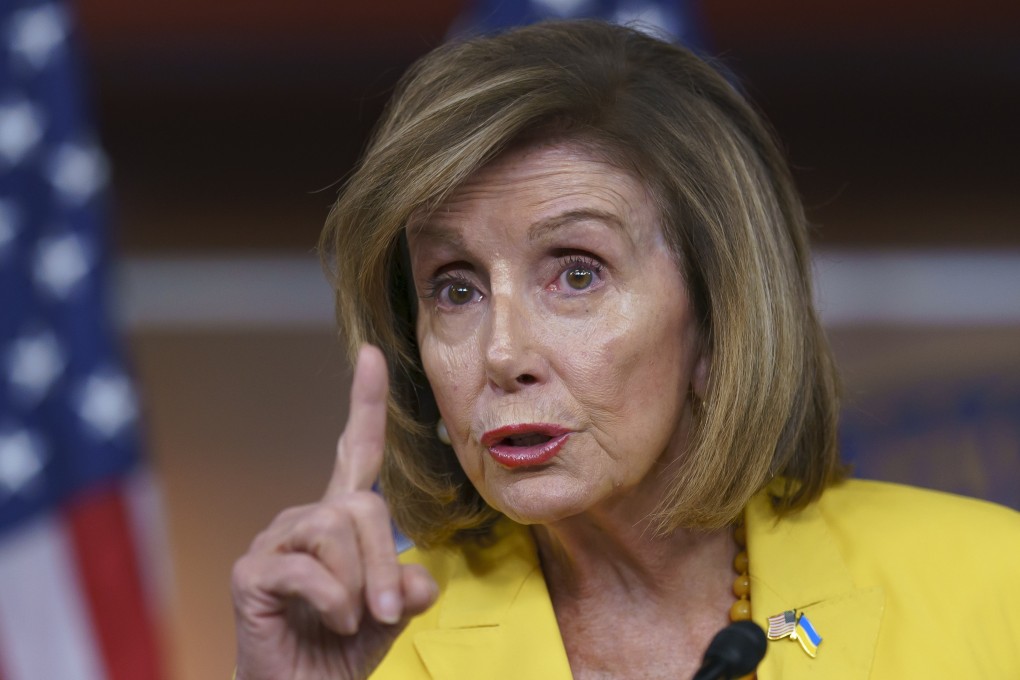Taiwan visit by Nancy Pelosi risks sparking US-PLA conflict, army watchers warn
- Chinese defence ministry says PLA will not ‘turn a blind eye’ to Pelosi’s visit, which it sees as a move to ‘support Taiwan independence’
- Today’s stronger PLA is much changed from the 1990s and Third Taiwan Strait Crisis, naval expert points out

Mentioning the issue for the first time, the Chinese defence ministry said the PLA sees Pelosi’s planned visit as a move to “support Taiwan independence” and would not “turn a blind eye” to it.
“As the No 3 leader of the US administration, if Pelosi insists on coming to Taiwan … it will inevitably cause extremely serious damage to ties between the Chinese and US governments, as well as the two militaries, leading to further escalation of tensions in the Taiwan Strait,” ministry spokesman Tan Kefei said on Tuesday.
“The Chinese military will not turn a blind eye to it, and will respond by taking strong measures to thwart any external interference and ‘Taiwan independence’ secessionist attempts, to resolutely defend national sovereignty and territorial integrity,” Tan said.
